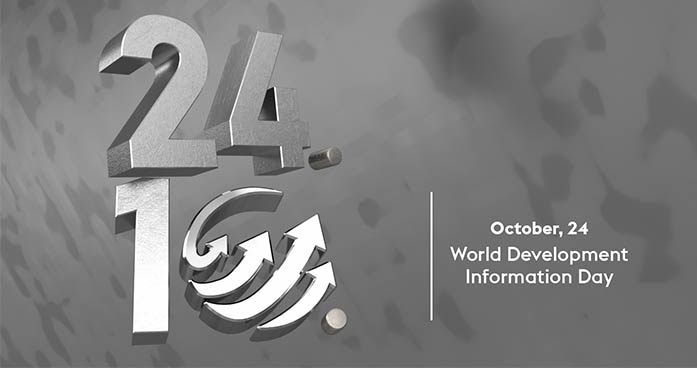
As described in detail in the CR Report 2020, the still dominant blast furnace route is rooted in a fossil energy and raw materials mix. Most of this energy is converted: voestalpine generates electricity in its captive power plants from process gases and uses it to drive the production process and the downstream processing steps. As a result, the Group can largely cover its need for electric power through captive generation.
Merely 5.7% of its total energy consumption is currently obtained from the power grid. The balance is covered by converting coal (47.3%) and by using the resulting coke (19.6%) and natural gas (25.7%).
Percentage of energy sources 2021
In calendar year 2021, the voestalpine Group’s total energy consumption rose from 38.7 TWh to 43.9 TWh for production-related reasons. Considered specifically, the energy consumption remained constant at the 2020 level despite substantial increases in the production volume, namely 4.1 MWh per ton of product. This was achieved thanks to efficiency gains despite almost full capacity utilization. The largest consumers were the steel production plants in Linz (27 TWh) and Donawitz (6.6 TWh) as well as the direct reduction plant in Corpus Christi, Texas, USA (4.7 TWh).
Total energy consumption
TWh
Specific total energy consumption
MWh/t of product
The energy volume, the current electricity mix, and the exorbitant increases in electricity prices since the Northern fall of 2021, along with exploding natural gas prices against the backdrop of threats to energy security starting in February 2022 on account of the war in Ukraine, illuminated the challenges associated with the technological transformation in the direction of CO2-reduced and, in the long term, CO2-neutral steel production. Some of these challenges will have to be solved primarily at the political level.

